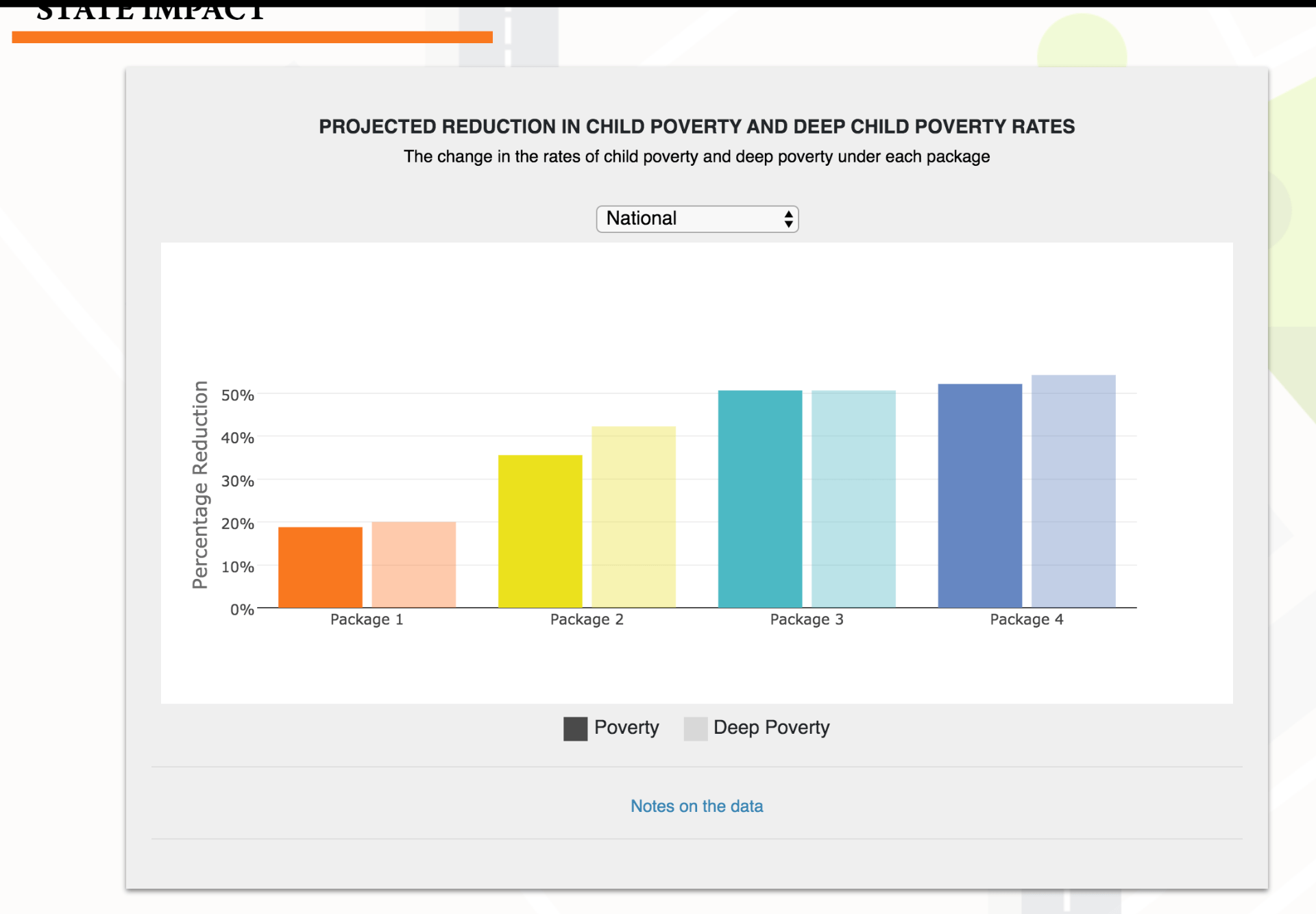Millions of American children live in families with incomes below the poverty line. A wealth of evidence suggests that growing up in poverty compromises children’s ability to grow and achieve success in adulthood, hurting them and the broader society as well.
Congress asked the National Academies of Sciences, Engineering, and Medicine to conduct a comprehensive study of child poverty in the U.S., and to identify evidence-based programs and policies for reducing the number of children living in poverty by half within 10 years. The National Academies appointed a committee with expertise in economics, psychology, cognitive science, public policy, education, sociology, and pediatrics to conduct the study and issue a report.
The committee’s report identifies four packages of policies and programs that emphasize both poverty reduction and work incentives that could substantially reduce child poverty in the U.S. This includes two options that reduce child poverty by 50 percent. These packages expand upon existing policies and programs, such as SNAP, the Earned Income Tax Credit, and the Child and Dependent Care Tax Credit, and offer up new ones, such as a national job training program and a universal child allowance. The costs of these packages range from $9 billion to $108.8 billion per year and have different impacts on child poverty, jobs, and the federal budget. The National Academies of Sciences, Engineering and Medicine released the report makes clear that poverty has deleterious consequences for all children, and that a much higher proportion of racial/ethnic minority children and children in immigrant families are exposed to poverty’s harmful effects.
To read more about the report click here








